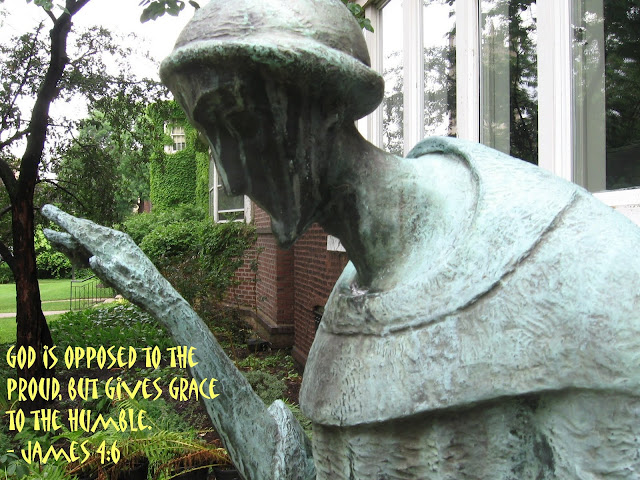 |
| Chicago Theological Seminary |
Someone read my post on the compatibility of God's foreknowledge and human free will. They contacted me with a question, and then posted their question here, which reads:
"Recently I was reading about foreknowledge and free will, and looking at views that say that the two are incompatible and compatible.
In regards to the views that say the two are compatible, the people arguing for this view were bringing up the 'modal fallacy'. They formed their argument as such-
Given that A=God knows X will happen and B=X happens, there's a difference between the following two statements: 1) It is not possible for A to be true and B to be false, and 2) If A is true then it is not possible for B to be false.
The argument is that the first statement is true, but the second is false. However, I don't understand the difference between the two. The first statement is saying that A and B can't be true and false respectively (they both have to be true). So if God knows X will happen (A), then X will happen (B). Isn't the second statement saying the same thing but in a different way? It says that if A is true, then B cannot be false. This seems to be true as well, but somehow it's false (and different than the first statement?). Apparently, if A is true then B doesn't NECESSARILY have to be false, but that doesn't make sense, because the first statement literally said that it's impossible for A to be true and B to be false (and this statement is accepted to be true!). So, if A is true then doesn't B necessarily have to be false?
I don't seem to understand the difference between the two statements, and more importantly I don't get why the first statement is true but the second is false."
I emailed them my response to this, which is:
The two statements are not saying the same thing.
Statement 1 does not commit the modal fallacy.
In regards to the views that say the two are compatible, the people arguing for this view were bringing up the 'modal fallacy'. They formed their argument as such-
Given that A=God knows X will happen and B=X happens, there's a difference between the following two statements: 1) It is not possible for A to be true and B to be false, and 2) If A is true then it is not possible for B to be false.
The argument is that the first statement is true, but the second is false. However, I don't understand the difference between the two. The first statement is saying that A and B can't be true and false respectively (they both have to be true). So if God knows X will happen (A), then X will happen (B). Isn't the second statement saying the same thing but in a different way? It says that if A is true, then B cannot be false. This seems to be true as well, but somehow it's false (and different than the first statement?). Apparently, if A is true then B doesn't NECESSARILY have to be false, but that doesn't make sense, because the first statement literally said that it's impossible for A to be true and B to be false (and this statement is accepted to be true!). So, if A is true then doesn't B necessarily have to be false?
I don't seem to understand the difference between the two statements, and more importantly I don't get why the first statement is true but the second is false."
I emailed them my response to this, which is:
The two statements are not saying the same thing.
Statement 1 does not commit the modal fallacy.
Statement two does. Here’s how it does.
A conditional statement is made of two statements, an
antecedent statement and a consequent statement.
E.g. – If God knows John will eat an orange, then John
cannot not eat an orange. The consequent is equivalent to: It is necessary
(logically) that John eat an orange.
But that statement (i.e., the consequent) ascribes logical
necessity to a contingent event. In doing that, the modal fallacy is committed.
Because: 1) it is possible for John to eat an orange; 2) It is probable (more
or less) that John eat an orange; but 3) It is not logically necessary that
John eat an orange. Thus, statement 2 commits the modal fallacy of ascribing
logical necessity to a contingent event. (Because it is possible that John doesn't eat an orange.)
Therefore, God’s foreknowledge and human free will are not
incompatible.
See esp. – The Internet Encyclopedia of Philosophy, "Foreknowledge and Free Will" (scroll down to "The Modal Fallacy").